Fatal Tesla Model S Crash in China Blamed on Autopilot

Another fatal Tesla Model S crash has come to light that reportedly occurred earlier this year in China.
The Chinese media is reporting a fatal crash that happened in January of 2016 that involved a Tesla Model S driving on a highway before crashing into a street sweeper truck on the side of the road. Behind the wheel was a 23-year-old man borrowing his father’s car, with the accident taking place on a highway in the Hong Kong and Macau jurisdiction. The accident killed the driver and dashcam footage shows that the brakes were not applied before the electric sedan collided with the truck.
SEE ALSO: Autopilot Not to Blame in Fatal Accident Involving Model S, Tesla Says
The family of the driver is reportedly suing Tesla in Beijing Chaoyang District People’s Court, citing that Autopilot failed to prevent the accident. The lawsuit alleges that Autopilot was activated at the time of the accident, but Tesla is unable to confirm saying that the damage caused by the collision made the car physically incapable of “transmitting log data to our servers and we therefore have no way of knowing whether or not Autopilot was engaged at the time of the crash.”
The company added that it has “tried repeatedly to work” with the customer to investigate the cause of the crash, but the owner has not provided any additional information to assist Tesla in the investigation.
Discuss this story on our Tesla Forum

Jason Siu began his career in automotive journalism in 2003 with Modified Magazine, a property previously held by VerticalScope. As the West Coast Editor, he played a pivotal role while also extending his expertise to Modified Luxury & Exotics and Modified Mustangs. Beyond his editorial work, Jason authored two notable Cartech books. His tenure at AutoGuide.com saw him immersed in the daily news cycle, yet his passion for hands-on evaluation led him to focus on testing and product reviews, offering well-rounded recommendations to AutoGuide readers. Currently, as the Content Director for VerticalScope, Jason spearheads the content strategy for an array of online publications, a role that has him at the helm of ensuring quality and consistency across the board.
More by Jason Siu



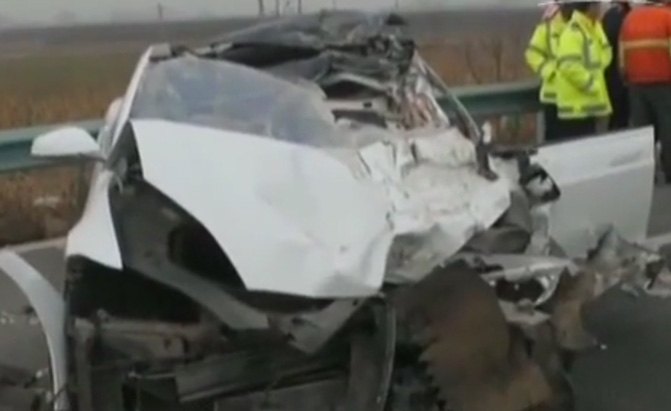




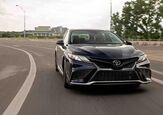





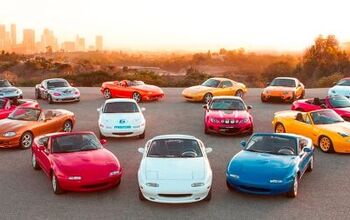

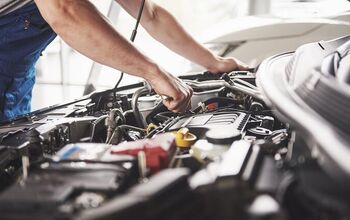
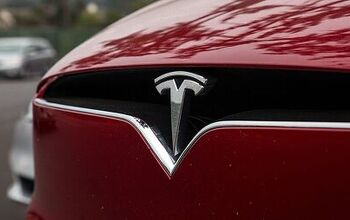
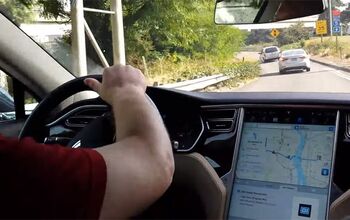
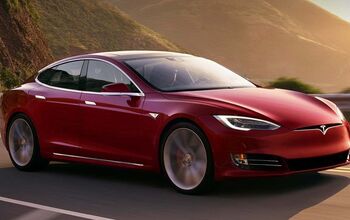
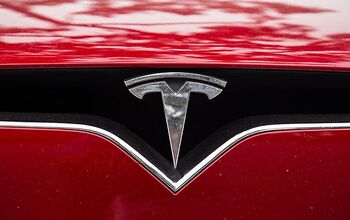
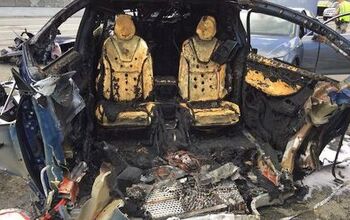





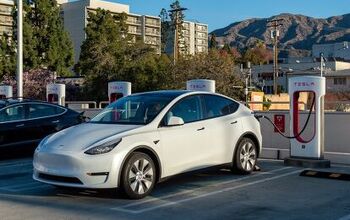




Comments
Join the conversation
What a bad idea all around, by the people who would trust such technologies and those who would release it in the first place. Technology is increasingly becoming a dangerous crutch for poorly informed people who won't take responsibility for their actions. I am astonished most people think this technology should be put ahead of improving human behaviour. Madness.